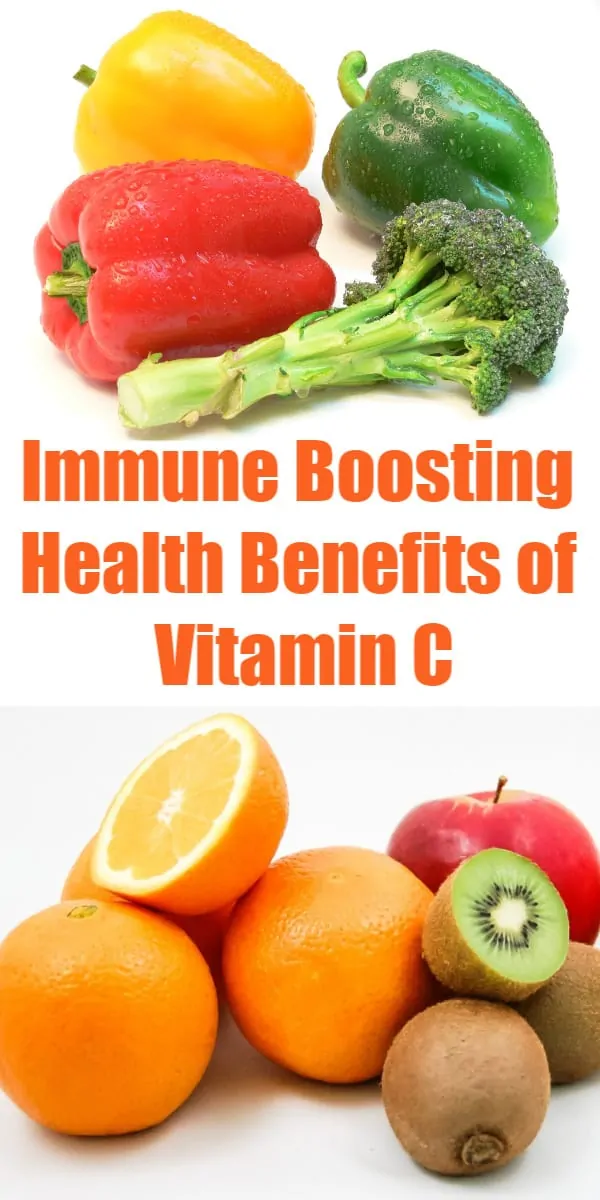We’ve all heard that the role of Vitamin D in your health is important.
But do you know WHY it’s so important?
Everyone needs Vitamin D to grow strong and healthy, and although sunlight provides the best Vitamin D, you can’t always rely on getting the right amount of Vitamin D (especially if you live in Canada!).

THE ROLE OF VITAMIN D
Contrary to popular belief, the sun is actually good for you. By avoiding it, you’re depriving the body of this vital nutrient – Vitamin D. Every living thing depends on the sun to maintain life and health. Vitamin D is essential as it allows calcium ions to cross the intestinal wall.
Research suggests that Vitamin D deficiencies can cause many health problems. Among these problems are muscle aches, weakness, and bone pain in people of all ages. In children, it can cause rickets and muscle spasms.
WHAT ELSE DOES VITAMIN D DO?
Researchers discovered that Vitamin D regulates a number of genetic functions that help in reducing cell proliferation of dangerous cell growth.
It promotes cell differentiation (transformation of different cell types.) It prevents cancerous transformation and modulation of cell death or apoptosis. Vitamin D helps prevent and treat a variety of cancers such as breast, colon, prostate, lung, and lymphoma.
This essential vitamin helps maintain serum calcium and phosphate levels and prevents soft bone diseases. It helps the body’s bones to grow strong and aids in bone remodeling. It also helps promote normal mineral growth in the bone.
Taking calcium with Vitamin D is important because they need each other to work together. Together they help prevent spastic contraction of muscles, also called tetany. They prevent osteoporosis that so many older adults get as they age.
HOW DO I GET VITAMIN D?
Sunlight is the main source of all living things that provides this vitamin. The UVB rays synthesize vitamin D in people’s skin. Only a few foods supply this vitamin naturally, but some of those that do are salmon, mackerel, tuna, or sardines.
Another source is milk and other dairy products, along with egg yolks, beef, and fish liver.
Some foods have vitamin D added to the list of ingredients. Then, there are supplements to take that help to maintain a healthy level.
HOW MUCH VITAMIN D DO I NEED?
The amount that everyone needs is different, but a lot depends upon the age of a person. Most health professionals agree that people should take between 200 IU and 1200 IU of vitamin D every day.
There is a risk of taking too much, but the human body will tell when this happens with symptoms of nausea, heart rhythm abnormalities, and kidney stones.
If you cannot safely spend time out in the sun, you can take Vitamin D supplements. This is essential for people who live in the north where the weather gets cold and they cannot get outside very much.
TEST FOR VITAMIN D LEVELS
Before starting any supplemental regimen of vitamins, you should be tested by a doctor to see what your levels are. This is true not only of Vitamin D, but other crucial vitamins.
To get the most benefit from Vitamin D you need calcium and magnesium, as they all work together to produce the best results.
Knowing what your numbers are will be beneficial in helping you move forward with your optimum health and diet plans.
You may also like this post with HEALTH BENEFITS OF VITAMIN C:
You can sign-up to get an email update each day. You can also connect with us on:

